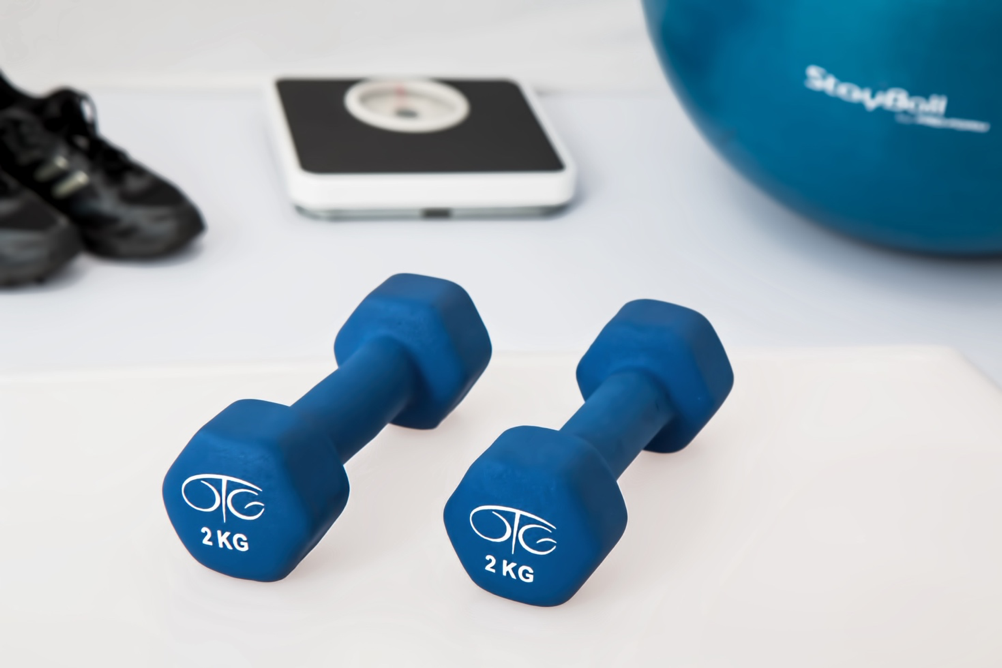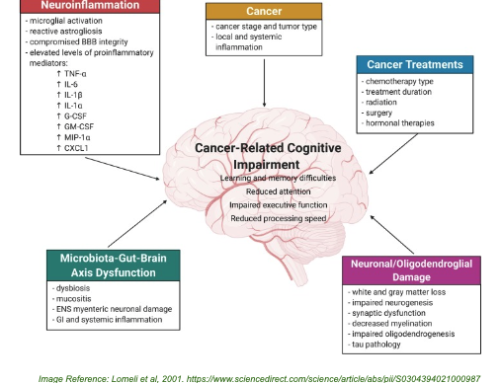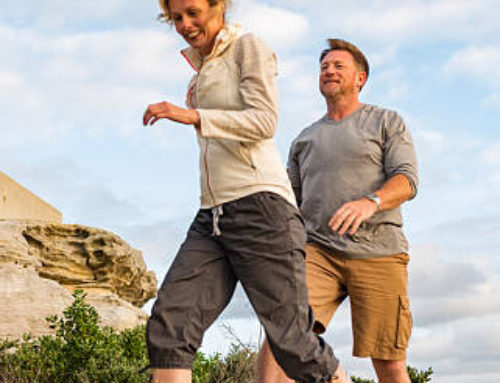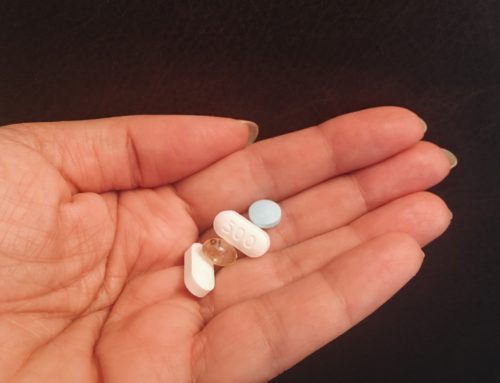Exercise may feel like the last thing you want to do during cancer recovery, but research shows it could make all the difference. Here’s how exercise can help boost your energy levels, minimise side-effects and even enhance the recovery process.
Even though it tires you out, exercise reduces cancer-related fatigue
One of the most frustrating side-effects of cancer treatment is fatigue, even after a good night’s sleep. Cancer-related fatigue is experienced by 70-100% of people diagnosed with cancer and has profound effects on every aspect of daily life, from physical activity to social relationships and your mental state. Extreme cancer-related fatigue can even affect your chances of remission or recovery, as it can reduce your desire to continue with treatments such as chemotherapy.
So! What’s the answer? Surprisingly, it’s exercise.
Exercise has been found to conclusively reduce cancer-related fatigue both during and after cancer treatment. It’s even been proven that a day of total rest with no exercise at all actually worsens your feeling of fatigue.
On the days where you’re feeling especially exhausted, short bouts of high intensity aerobic or resistance (weights) exercise are usually best as you won’t need to maintain intensity for long periods.
Exercise minimises the effects of other cancer treatment-related side effects
Fatigue isn’t the only side-effect that is improved thanks to exercise. Research shows that physical activity during cancer recovery can:
- Reduce the risk of long-term heart problems after chest therapy (radiation and chemo)
- Minimise loss of bone strength
- Reduce the risk of developing lymphedema after lymph node treatment
- Improve anaemia
- Enhance your quality of life
Does exercise reduce the risk of cancer recurrence?
Yes, and there’s plenty of research that agrees. Not only does the WHO (World Health Organisation) say exercise reduces cancer mortality, new research also suggests exercise may lower the risk of recurrence among people with cancer.
So not only does exercise help you feel better and help you experience fewer side effects related to cancer treatment, it also may reduce your risk of recurrence. But how much exercise should you do?

What kind of exercise is best during cancer treatment and recovery?
Everyone is different when it comes to exercise prescription and depending on your type of cancer and which phase of your cancer treatment pathway you’re on, your exercise should be tailored accordingly.
How hard should I exercise during cancer recovery?
In general, the Exercise medicine in cancer management position statement says every person with cancer should aim to complete at least moderate intensity exercise, unless they have certain risk factors.
These special factors include but aren’t limited to:
- If you had surgery for your cancer in the past few weeks
- Individual medical factors such as periods of very low immunity or increased bleeding risk such as a low blood platelet count
- Nausea related to higher intensity activity
Even if you have all the factors above, you can still exercise, but it needs to be tailored to your unique situation to minimise any risks. This is where an Accredited Exercise Physiologist with experienced in cancer care will be best placed to work with you.
How often should I exercise?
The ESSA position statement on exercise in cancer care concludes that there is no set prescription or amount of exercise that would be seen as evidence-based for all cancer patients. Most exercise programs will include a mix of aerobic and resistance type exercises, and each session should be adjusted based on how you are feeling on a certain day.
Aerobic exercise: Aerobic exercise is any activity that gets your heart beating faster and includes everything from walking to working out on the elliptical machine and dancing. If you can reach 20 continuous minutes or more try to aim for exercise on most days of the week. If you struggle to get to 20 minutes, then break it up into manageable chunks but aim for some exercise every day of the week.
Resistance exercise: Resistance exercise, or strength training, aims to increase the size and load capacity of your muscles, and includes everything from body weight exercises like squats, through to dumbbells, exercise bands and machine weight exercises.
If you can, resistance exercise is to be performed at least twice per week, with usually at least 48 hours of recovery before exercising the same muscle group again.
Exercise works best in conjunction with social supports
We know exercise ‘makes you happy,’ helps minimise treatment related side effects, and improves treatment outcomes, but it can be hard to get started. When you’re in the recovery phase of your cancer journey, it’s important to stay motivated, and supportive people can make all the difference. Whether you choose your family members, friends, health professionals or your exercise physiologist to help you, ask someone to help make you accountable for your exercise program. This person (or people) can help motivate you on those days you feel extra tired, as well as celebrate your progress when you reach a new milestone.
Why you should see an accredited exercise physiologist
Everyone’s treatment program and background is different, which means the exercise program needs to be unique as well. The very best way to know what type of exercise to do is to work with an exercise physiologist, as they’re experts in exercise prescription. They will help you understand what kind of exercise is best for you and why through a comprehensive assessment, working on prioritising health issues, while motivating and overseeing your progress throughout your recovery. They act like your own personal cheerleader, with all the knowledge to help you achieve your goals.
Remember, it’s never too late to start an exercise program. The benefits are proven, and they all point to a better outcome for you, plus you’ll feel brighter along the way.

If you would like to find out more about our cancer support program, please contact us at: [email protected].
To submit a booking request, click here: https://valionhealth.com.au/contact/



